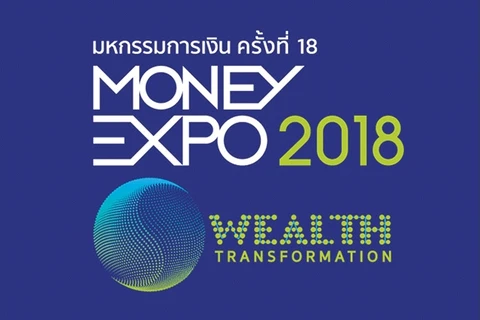Bangkok (VNA) - Thailand does not intervene with foreign exchange rates to gain competitiveness in trade, the local central bank’s chief was quoted by Asian Nikkei Review as saying.
The affirmation was made by Bank of Thailand Governor Veerathai Santiprabhob on April 24 amid rising concerns that the country may become the first in Southeast Asia to be placed under trade scrutiny by the US.
In the US Treasury's latest report released earlier this month, Thailand was not put on its watchlist due to its small trade volumes, but it has hinted it will expand the list of countries under scrutiny in its next report expected in October this year.
With a huge current account surplus accounting for 10.8 percent of its gross domestic product in 2017 and a trade surplus with the US topping 20 billion USD, Thailand has already filled at least two of the three criteria that the US Treasury uses to designate a trade partner a currency manipulator.
At the end of 2017, Thailand's foreign reserves totalled 202.5 billion USD, a growth of nearly 20 percent year-on-year. The sharp rise hinted at baht-selling and dollar-buying by the Bank of Thailand.
In an interview with Asian Nikkei Review, Veerathai Santiprabhob stressed that the Thai baht had been moving in line with market supply and demand, pointing out that the currency had been strengthening in the past year to become one of the best-performing currencies in the region due to capital inflows from advanced economies.
"We have no policies of fixing exchange rates at a particular level or manipulating exchange rate to a particular level," he said.
He said that the central bank intervened only to tame sharp volatility that could have "much implication" on the country's economic recovery.-VNA
VNA























